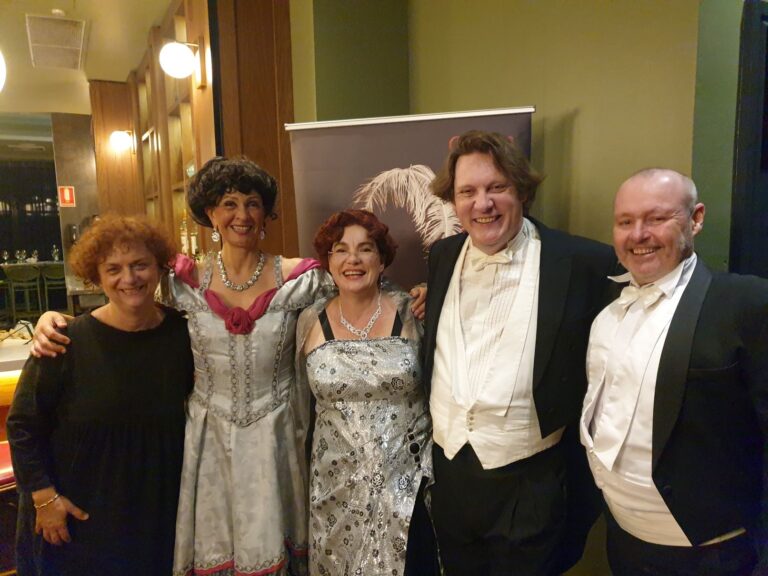
Working together in the name of art
By Ken Robinson
Firstdraft Inc. (FDI) and Greening Woolloomooloo Inc. (GWI), two widely different arts groups tasked with building an artist residency program at the Riley Street Depot in Woolloomooloo, are steadily working through their differences.
Late last year FDI was awarded occupancy of the depot as part of the City of Sydney’s Accommodation Grants Program. The award is valued at $198,013.00 over the next three years and will provide up to 20 artist residency opportunities. GWI also submitted an application to manage the program on behalf of local artists. Local residents were angered when the grant was awarded to FDI, a group outside the Woolloomooloo community.
“When resources continue to be taken from the community, we become this model of a community that needs help all the time,” said Dr. Pam Johnston, local community activist and research scholar for the Centre for Research and Education in the Arts at University of Technology in Sydney.
GWI disputed the decision made by Council staff, persuading Councillors to modify the award by requiring the two groups to cooperate on the artist selection process. Selected artists are awarded residencies with low or no rent. The groups are still discussing whether the terms will be three or six months.
The selection of initial artists by FDI was disputed by GWI who claims they were excluded from the process despite a resolution requiring their participation.
“We’re not happy about that all. There was a complete lack of consultation,” said Dr Johnston.
The lack of consultation escalated into a flurry of, at times, angry emails, cancelled meetings and appeals to Councillors. GWI and FDI eventually met to clear the air and have made progress on the program’s implementation.
The two groups are still negotiating main details. Currently only one spot is guaranteed for local Woolloomooloo residents. GWI is pushing for more spots.
“It’s using local money and a local venue,” said Dr Johnston.
FDI says it is willing to negotiate the mix of artist types and residency length.
“We are willing to address those needs but need to do it with an eye towards the direction set by our Board of Directors,” said FDI co-founder Connie Anthes.
Local artists also say the FDI application process favoured applicants connected to the academic community. They argue the process used academic channels to communicate the opportunity and heavily relied on email and online systems.
“That’s one of the things we’re actively addressing,” said Ms Anthes. “We’re open to it [adjusting the application process] but it has to be feasible from a financial standpoint.”
By working through these issues, the two groups are blending two divergent artistic groups. FDI, with its access to the professional and academic circles can educate and be influenced by the originality fostered within the local community.
“I believe our professional development skills were a big reason we were chosen,” said Ms Anthes.
Local artist Rozee Cutrone, also an organizer for GWI believes the local community has something just as valuable to offer FDI.
“They’ll be exposed to people who are are unconventional, eccentric and possibly radical,” said Cutrone, adding that “They’re gonna learn to think outside of the square.”









